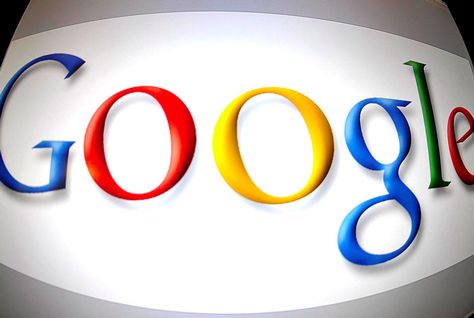Google is rolling out updates that will drastically reduce the amount of piracy you find when casually surfing the internet. In many cases, when you are looking to buy an ebook or a new music track, often an avalanche of pirate sites dominate the results of your query. Google is revising its search engine to filter out many websites that have active DMCA complaints or are known pirates. Google claims they get over 5 million DCMA and other notices every month. This new change is intended to help users find the legitimate content distribution systems like Apple, Amazon, Spotify, and Google Books.
Google made a public statement surrounding its new change today. “Only copyright holders know if something is authorized, and only courts can decide if a copyright has been infringed; Google cannot determine whether a particular webpage does or does not violate copyright law. So while this new signal will influence the ranking of some search results, we won’t be removing any pages from search results unless we receive a valid copyright removal notice from the rights owner. And we’ll continue to provide “counter-notice” tools so that those who believe their content has been wrongly removed can get it reinstated. We’ll also continue to be transparent about copyright removals.” – Amit Singhal, SVP, Engineering, Google
Many companies and consumer groups are really advocating this change and hoping it will result in more sales. If it becomes incrementally easier to just buy the book, rather then pirate it, sales should go up. Popular torrent sites, file sharing sites, and known pirating sites should be harder to find for your casual user.
There is a strong minority of users that are claiming that this change was brought upon by the recording and book industries to stamp out piracy. In a bid to stamp out piracy by large companies, privacy concerns are being raised. Should Google filter out pirated ebooks and other content? This is a hot button issue that is sure to garner more attention in the next few weeks.
Michael Kozlowski is the editor-in-chief at Good e-Reader and has written about audiobooks and e-readers for the past fifteen years. Newspapers and websites such as the CBC, CNET, Engadget, Huffington Post and the New York Times have picked up his articles. He Lives in Vancouver, British Columbia, Canada.

